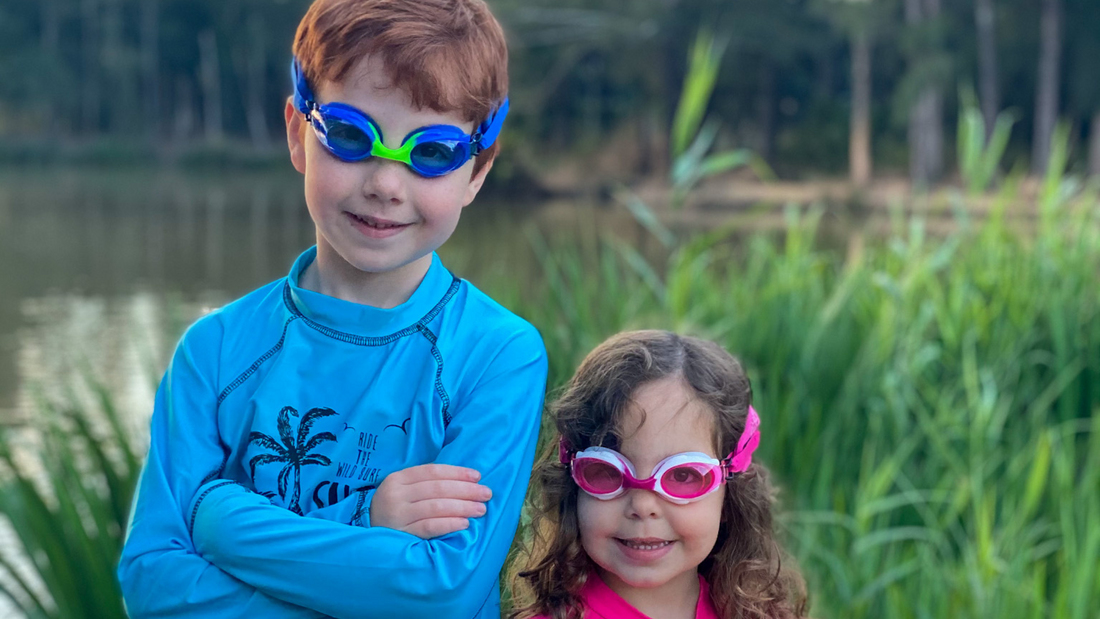It's a natural part of growing up. At some point, your children will ask to use the pool without being actively supervised. It might be tempting if you're working from home and have a backyard pool. So, what factors determine when your child is ready to swim without intense adult supervision? Here are a few to consider.
Never let anyone swim alone
No one, regardless of age, should ever swim alone. Even skilled swimmers are at risk of drowning under certain circumstances. Everyone should swim with a buddy, and they should both know what to do in an emergency. Pools, lakes, and beaches can be dangerous when an accident occurs.
Make sure they can pass a swimming safety test like Red Cross Level 6
The most important thing to consider when letting your child hit the water without intense supervision is their swimming ability. You should be totally confident in their swimming ability before leaving them unattended. A child's ability to swim isn't contingent on size or age. Even if all of their friends are capable, your child may not be ready to swim unsupervised.
Consult your child's swim instructor to be sure your child is a proficient swimmer. If not in lessons, you can consult the American Red Cross Swimming and Water Safety Skills Chart. To swim unsupervised, have your child perform all of the tasks on Level 6.
Teens have strong bodies but undeveloped brains
Although your teen may have the endurance and skill to swim without a water watcher, the rational part of a teenager's brain isn't fully developed until they're almost 25. So, many teens make risky decisions without truly understanding the consequences. Slippery pool decks and deep water bring steep consequences for every choice.
According to a 2017 poll of parents, most overestimate their child’s swimming skills. For children 6-18 years old, 75% of parents reported that their kids can swim independently, but less than half of all children in the US have taken formal swimming lessons.
Reserve the right to allow them to swim unsupervised sometimes, but not others
It’s okay to give permission to swim in some circumstances, while not allowing it in others. You don’t have to give your children a blanket “yes.” Make a decision based on how many people are in the pool, how many big floating toys are there, whether or not there’s a lifeguard, and how likely they can get hurt in the physical environment. You can even consider how long they’ll be there because tired minds and bodies don’t react as well in emergency situations.
Bottom Line
One-third of all drownings happen at home. Even skilled swimmers are at risk of drowning, but the CDC says formal swim lessons lower a child's risk of drowning by as much as 88%!
Keeping your kids safe around the pool, lake, or beach comes down to layers of protection. Even in the relative safety of your backyard, be sure that no one swims alone and that everyone in your family can swim. Install fences with childproof locks and supervise water-based activities if there’s no lifeguard.








